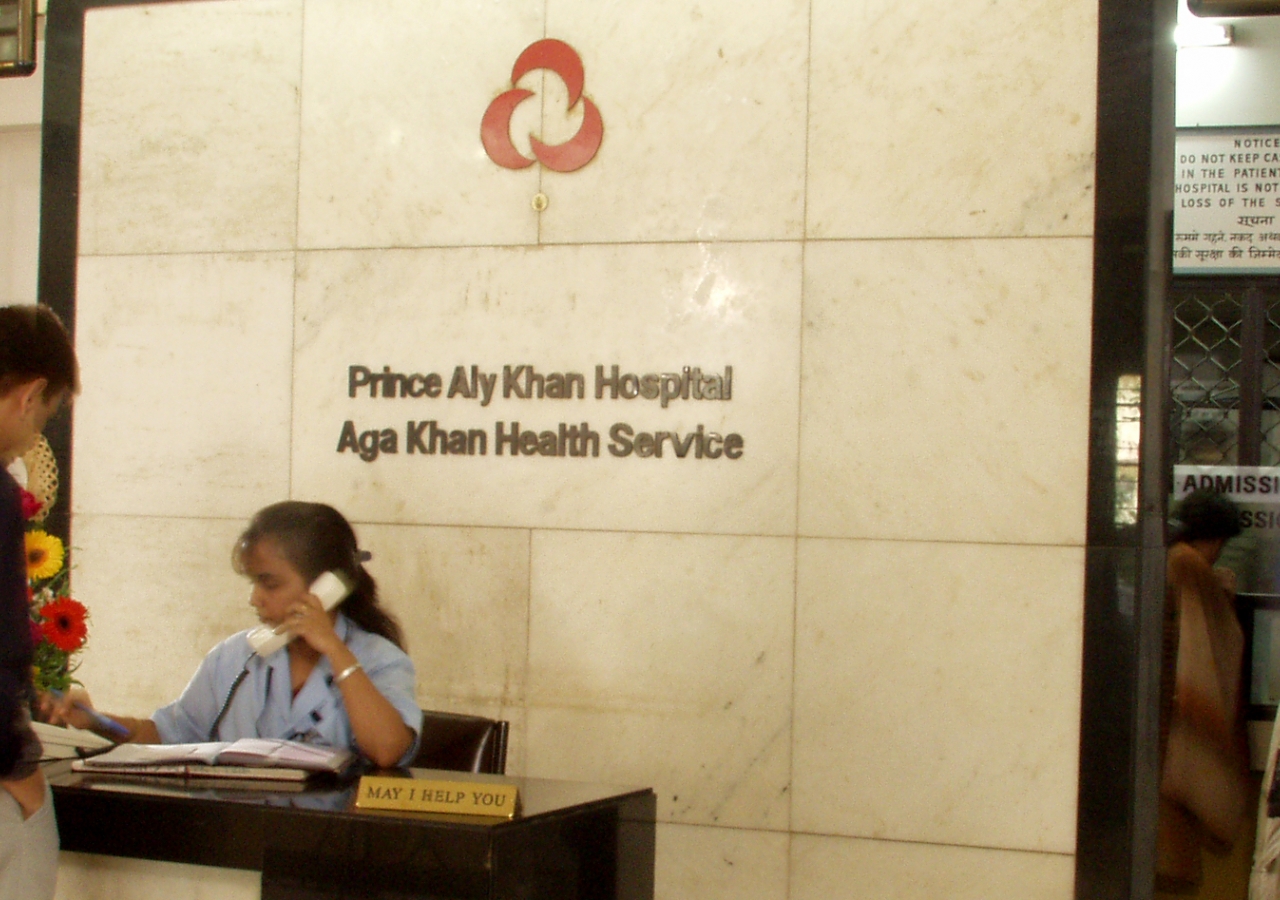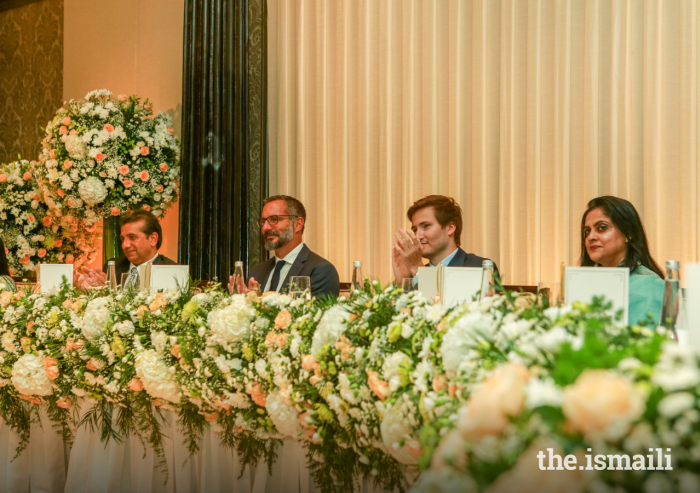 Volunteers at the Cancer Rehabilitation Centre of Prince Aly Khan Hospital in Mumbai offer counsel to cancer patients. Courtesy of the Prince Aly Khan Hospital
Volunteers at the Cancer Rehabilitation Centre of Prince Aly Khan Hospital in Mumbai offer counsel to cancer patients. Courtesy of the Prince Aly Khan HospitalThe needs of cancer patients are not limited to state-of-the-art medical treatment. They also require support and care for their physical, emotional and cosmetic rehabilitation.
“When I was diagnosed with breast cancer at the age of 39, I felt my whole life was crumbling around me,” recalls Anita Vensuvala, a cancer survivor and founder volunteer at the Prince Aly Khan Hospital Cancer Rehabilitation Centre in Mumbai. “I kept asking myself: ‘What does the future hold for me? Is there any future at all?'”
What brought a measure of relief for Vensuvala was meeting another person who had experienced a mastectomy and who had gotten past it. “I know now that these are normal reactions when a woman has cancer of the breast and undergoes surgery. But at that time it was hard to accept the fact and to deal with it calmly,” she says.
The purpose of the Cancer Rehabilitation Centre at Prince Aly Khan Hospital is to provide that extra support and care. The brainchild of Dr Sultan Pradhan, Head of Oncology at Prince Aly Khan Hospital, the Centre was set up in 1994 with help from Vesuvala and was initially devoted exclusively to breast cancer patients. It drew the interest of many other institutions that were actively involved in cancer rehabilitation in Mumbai: The Tata Memorial Hospital, Passages, the Indian Cancer Society, the Cancer Patients Aid Association, the V-Care group and the Mastectomy Association of India.
The Centre joined the Reach to Recovery International Network, which recognises the value of peer support in improving the quality of life of those affected by breast cancer. According to Reach to Recovery, “a woman who has lived through breast cancer and gives freely of her time to help another woman facing the same experience is a valuable source of support.”
In keeping with this ethos, trained and dedicated volunteers, including former patients and health professionals conduct the rehabilitation clinic. Sharing experiences and thoughts about what to expect during treatment and supporting patients and families during rough times helps them cope with the diagnosis.
For women who undergo mastectomy, help is available to fit temporary breast forms and to acquire permanent external prostheses. Patients are also taught post-surgical exercises. Other cosmetic support, such as a list of wig suppliers, is also available. Free consultations and telephone help lines are available for guidance and support.
In 1998, when the clinic expanded to support those afflicted by other cancers, they recruited Pradip Lahiri, who had lost his vocal cords to cancer. Lahiri had not permitted the trauma of a laryngectomy to become a barrier in his life. With practice and dedication he regained his voice through esophageal speech: “I love my new voice because I have created it.”
Prince Aly Khan Hospital sent Lahiri to Tokyo where he pursued an instructor's course. Along with Dr Zehra Rangwala, a qualified speech therapist, he now offers voice training at the Cancer Rehabilitation Centre. Other volunteers help with imparting information, providing stoma covers and lending moral support to patients and their families to deal with therapy and to return to normal life, post-surgery.
Today the Cancer Rehabilitation Centre is run by 18 dedicated trained volunteers, including 9 former patients. On average, the clinic supports 100 laryngectomy patients, 300 who have undergone mastectomies and 100 ostomy patients each year – and these numbers are increasing.
All services are provided free of charge, and the Centre does not limit itself to patients of the Prince Aly Khan Hospital; about 20 per cent of their beneficiaries come from other hospitals. This is a message that the volunteers go out of their way to spread, so that even more patients can avail themselves of this service.
This article is adapted from an earlier version published in The Ismaili India magazine.








